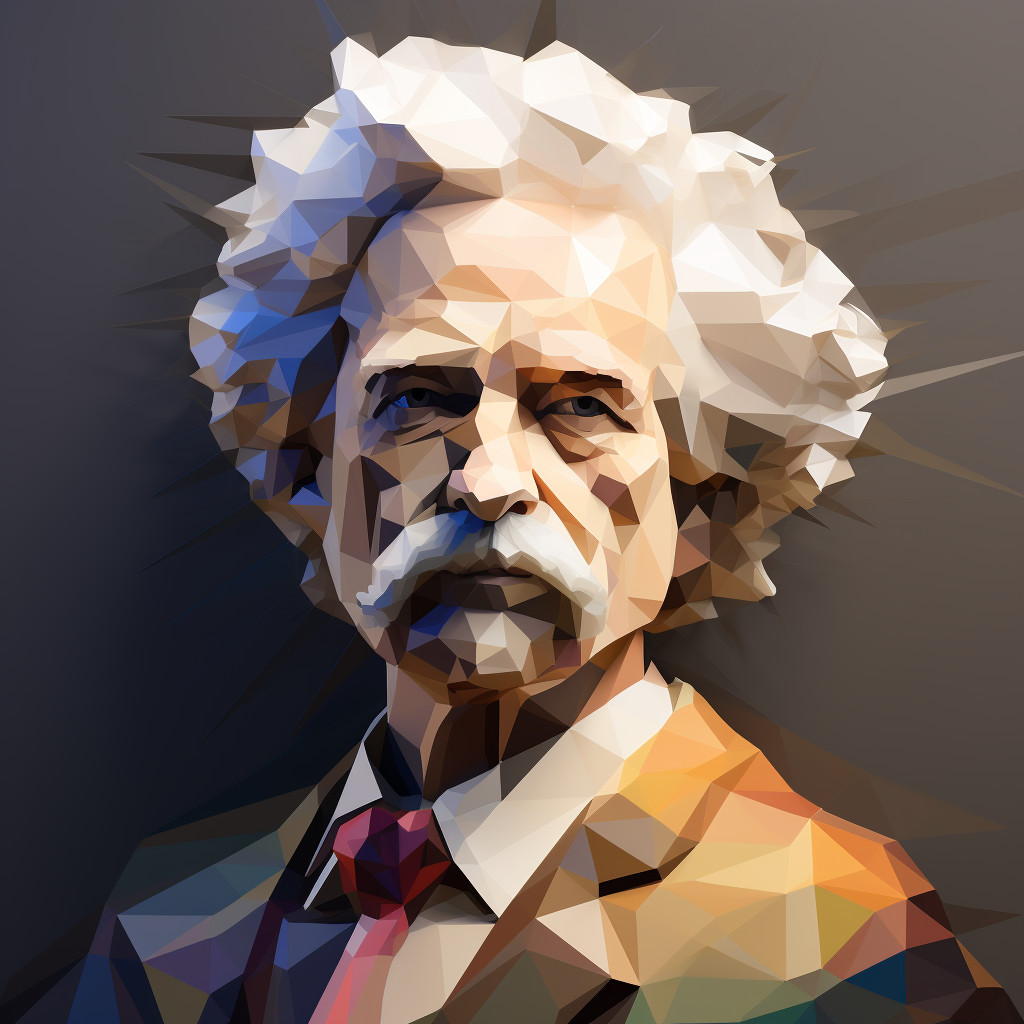This quote underlines the importance of how something is said rather than just what is being said. It suggests that the power of a speech lies not merely in the information it conveys, but in the way that information is presented. Eloquence refers to the ability to speak or write in an articulate, fluent, and persuasive manner. It involves the use of language that is impressive and persuasive, and it’s this quality that can make a speech memorable and impactful.
The statement implies that a speech filled with facts and figures may not necessarily be effective if it’s not delivered in an eloquent manner. On the other hand, a speech with less information but delivered with eloquence can make a deeper impact. The eloquence can captivate the audience, make the speech engaging and the message more persuasive.
In today’s world, this idea is relevant in various fields such as politics, business, and education. For instance, politicians often need to be eloquent speakers to persuade voters and communicate their policies effectively. In business, eloquence can be crucial in negotiations, presentations, and leadership. In education, teachers who present information eloquently can engage students more effectively, enhancing their understanding and retention of knowledge.
In terms of personal development, developing eloquence can significantly improve communication skills. It can make one more persuasive in discussions and arguments, more effective in conveying ideas, and more capable of influencing others. It’s not just about mastering language and rhetoric, but also about understanding the audience, using the right tone, and delivering the message in a way that resonates with them. Therefore, while information is important, the way it’s communicated, as emphasized by this quote, can often make a significant difference.





